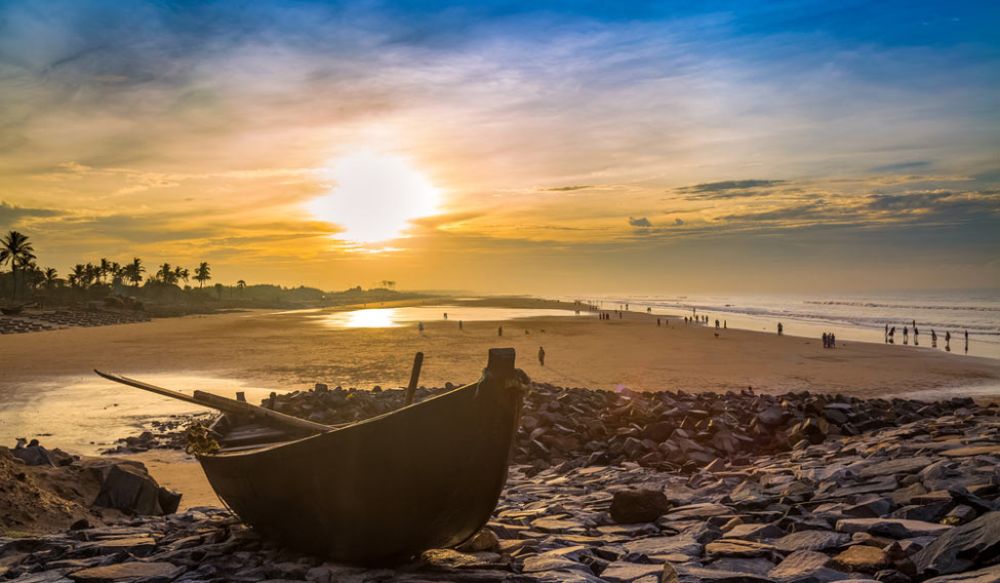

Located in the Purba Medinipur district of West Bengal, India, Digha is a seaside resort town that has been a popular tourist destination for decades, especially among people from West Bengal and neighboring states. The history of Digha's tourism can be traced back to the British colonial era when it was known as the "Brighton of the East".
John Frank Snaith, an English businessman, is often credited with the discovery of Digha in the late 18th century. He started living here in 1923 and persuaded Dr. Bidhan Chandra Roy, the Chief Minister of West Bengal at that time, to develop the place as a beach resort. Its original name was "Beerkul", before Dr. Roy dubbed it Digha. The town's beauty was mostly untouched until this point, and it took several more years for it to become a destination that would attract masses of tourists.
The West Bengal government recognized Digha's potential to develop as a tourist spot in the 1970s. Since then, the area has seen gradual but significant infrastructural development aimed at making it more accessible and accommodating to visitors. Hotels, roads, and other tourist facilities have been setup to provide better services to the increasing number of tourists each year.
Today, Digha is well-connected by roads and railways. The town has also expanded with new regions like New Digha and Old Digha, offering a range of accommodations from budget to luxury for its visitors. The place is famous for its flat, hard beaches which are ideal for walks, and its views of the Bay of Bengal. The introduction of new attractions, such as science centers, parks, and marine aquariums, have also increased its appeal to a broader audience, including families and educational trips.
The latest trends in Digha tourism are characterized by the rise of adventure and water sports, eco-tourism, and cultural tourism. With the introduction of jet skiing, banana boat rides, and bungee trampoline, among other activities, tourists can now enjoy a mix of relaxation and thrill. The conservation of local habitats and promotion of sustainable tourism practices have also started to gain attention, ensuring that Digha's beauty is preserved for future generations.
Another trend is the increasing number of festivals and events that celebrate local culture, seafood cuisine, and traditional art forms, further enriching the visitor experience. Moreover, Digha's proximity to other tourist attractions in West Bengal, like the religious town of Tarapith and the mangrove forests of the Sundarbans, adds to its appeal as a travel destination with diverse offerings.
In conclusion, Digha's evolution from a quiet coastal village to a bustling tourist resort reflects the growing interest in the region's natural beauty and the continued efforts to develop it sustainably for tourism. Its history as a sought-after beach destination continues to charm visitors both from India and abroad.